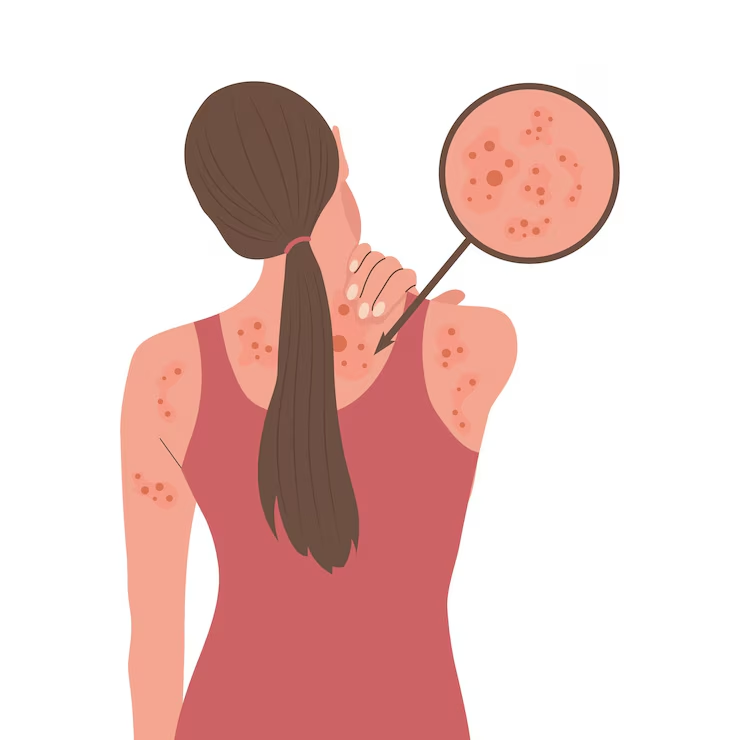Welcome to our Skin Conditions quiz! Test your knowledge on various skin issues that people may experience throughout their lives. From acne to eczema, this quiz covers a wide range of common skin conditions and their treatment options.
Do you know the difference between psoriasis and rosacea? How about the best ways to prevent dry skin during the winter months? Take this quiz to learn more about caring for your skin and maintaining its healthy, radiant appearance. Good luck!
Play Skin Conditions Quiz
Instructions
- This quiz is multiple choice.
- Read each question carefully before selecting an answer.
- Choose the best answer for each question.
- You will see the missed questions with correct answers at the end of the quiz.
Quick Facts
- Your body’s largest organ can develop various issues related to its appearance and health.
- Acne, eczema, and psoriasis are some common problems that can affect your outer layer.
- Allergies, infections, and genetics can play a role in the development of these issues.
- Some skin conditions can cause itching, redness, or flaking, making them uncomfortable to deal with.
- Certain lifestyle factors, like diet and stress, can impact the health of your outer covering.
- Seeing a dermatologist can help diagnose and treat any problems you may be experiencing.
- Proper skincare routines, including cleansing and moisturizing, can help prevent some conditions.
- Sunscreen is essential in protecting your outer layer from harmful UV rays and preventing damage.
- Some skin conditions, like melanoma, can be serious and require immediate medical attention.
- Remember to be gentle with your outer layer and seek professional help if you notice any changes or concerns.
Downloads
Study Tips
- Create a study schedule and stick to it.
- Find a quiet and comfortable study environment.
- Remove distractions such as phones and social media.
- Take breaks every 25-30 minutes to avoid burnout.
- Use active studying techniques like summarizing, highlighting, and teaching concepts to someone else.
- Practice retrieval by testing yourself with flashcards or practice quizzes.
- Stay organized with notes, study guides, and resources.
- Stay hydrated and eat brain-boosting foods like fruits, nuts, and whole grains.
- Get enough sleep to improve memory retention and cognitive function.
- Reward yourself for reaching study goals to stay motivated.
